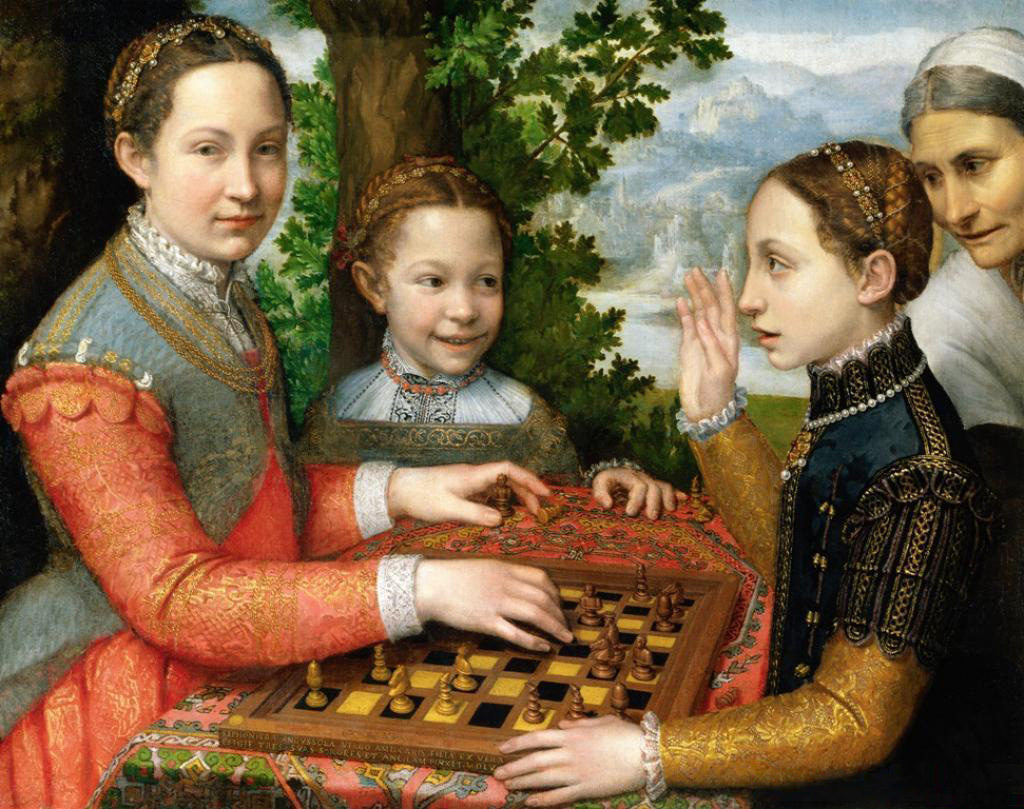This will be a talk for the Axe Histoire et Philosophie des mathématiques, Séminaire PhilMath Intersem 2023, a collaborative event sponsored by the University of Notre Dame and le laboratoire SPHERE, Paris. The Intersem runs several weeks, but my talk will be 9 June.

Abstract. The set-theoretic distinction between sets and classes instantiates in important respects the Fregean distinction between objects and concepts, for in set theory we commonly take the universe of sets as a realm of objects to be considered under the guise of diverse concepts, the definable classes, each serving as a predicate on that domain of individuals. Although it is commonly held that in a very general manner, there can be no association of classes with objects in a way that fulfills Frege’s Basic Law V, nevertheless, in the ZF framework, it turns out that we can provide a completely deflationary account of this and other Fregean abstraction principles. Namely, there is a mapping of classes to objects, definable in set theory in senses I shall explain (hence deflationary), associating every first-order parametrically definable class F with a set object εF, in such a way that Basic Law V is fulfilled:
εF=εG ⇔ ∀x (Fx ⇔ Gx)
Russell’s elementary refutation of the general comprehension axiom, therefore, is improperly described as a refutation of Basic Law V itself, but rather refutes Basic Law V only when augmented with powerful class comprehension principles going strictly beyond ZF, one amounting, I argue, to a truth predicate in Frege’s system. The main result therefore leads to a proof of Tarski’s theorem on the nondefinability of truth as a corollary to Russell’s argument, independently of Gödel. A central goal of the project is to highlight the issue of definability and deflationism for the extension assignment problem at the core of Fregean abstraction.


